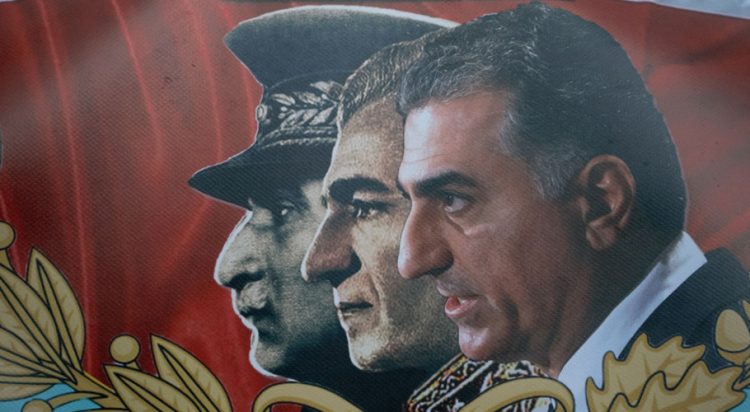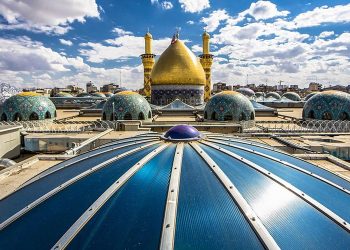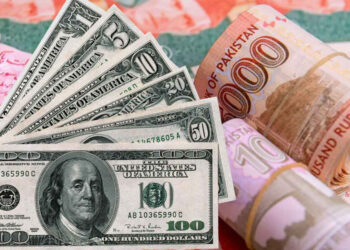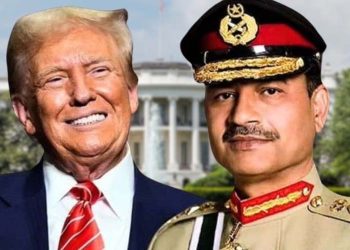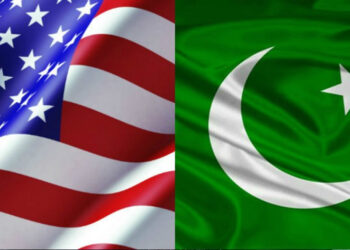Amid the recent escalation in the Middle East and the U.S.-Israeli attacks on Iran, one name repeatedly surfaced across international media: Prince Reza Pahlavi.
Various Western think tanks and media outlets speculated that the U.S. and Israel were considering Reza Pahlavi as a potential political alternative for a regime change operation in Iran. However, Iran’s strong military response and growing regional support have seemingly pushed that plan into the background for now.
Who is Prince Reza Pahlavi?
Born on October 31, 1960, Reza Pahlavi is the eldest son and heir of Iran’s last Shah, Mohammad Reza Pahlavi, who was overthrown during the 1979 Islamic Revolution. Following the revolution, the Pahlavi family went into exile, with Reza eventually settling in the United States.
Educated and raised in the West, Reza Pahlavi has long advocated for secular democracy in Iran and is often seen as a proponent of restoring the monarchy, or at least leading Iran towards a democratic, Western-aligned system.
Exile and political activism
For over four decades, Reza Pahlavi has been living in exile while actively speaking out on issues related to democracy, human rights, and secular governance in Iran. He has maintained close ties with Western policymakers, particularly in Washington, and has consistently called for international pressure to weaken Iran’s Islamic government.
Throughout various Iranian protest movements, Reza Pahlavi has voiced support for demonstrators, urging the Iranian people to reject the current regime.
Current status
Following the apparent failure of regime change efforts, it was reported that Reza Pahlavi unfollowed former U.S. President Donald Trump on Instagram, further signaling a cooling of overt political maneuvering.
As of now, Reza Pahlavi’s role in Iran’s future remains uncertain, with the immediate focus shifting back to the ongoing geopolitical conflict rather than internal regime change plans.







